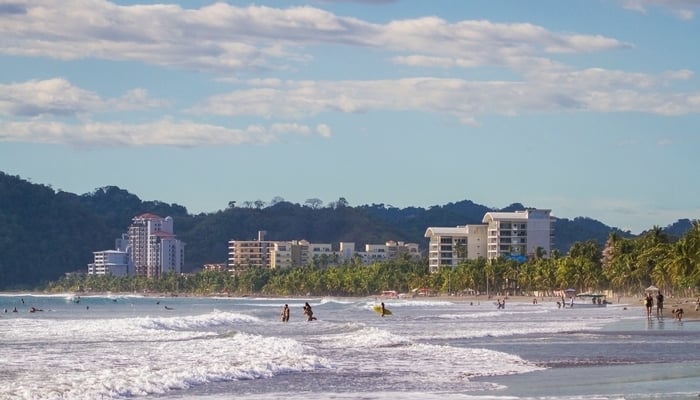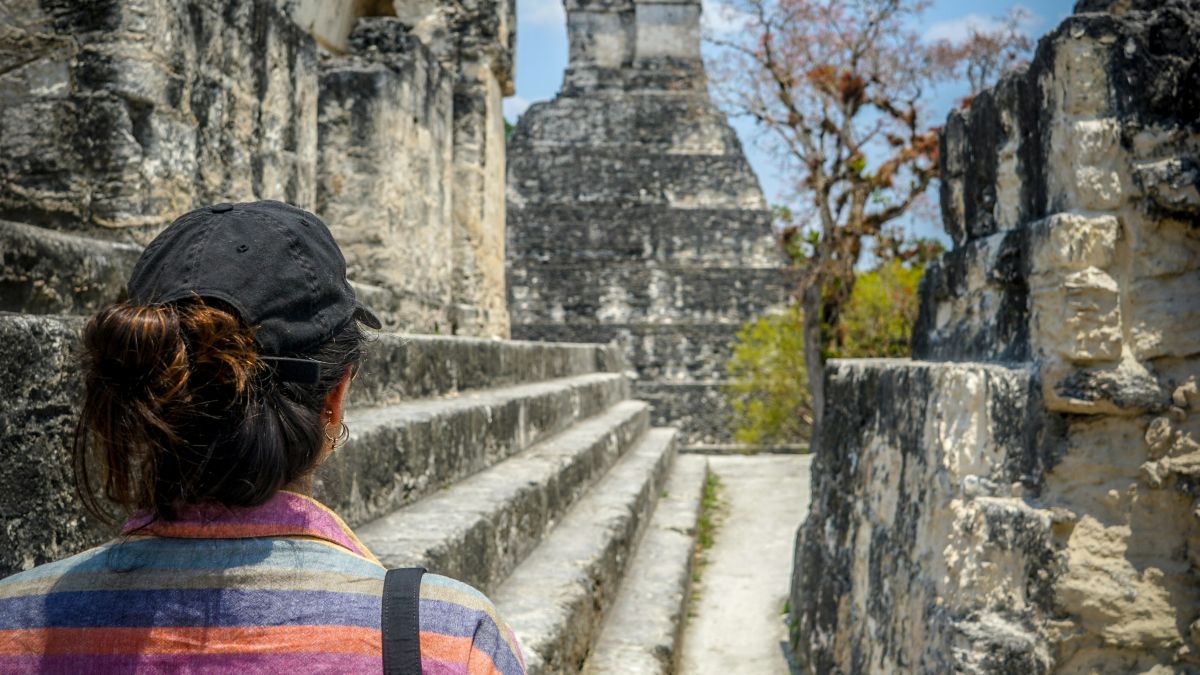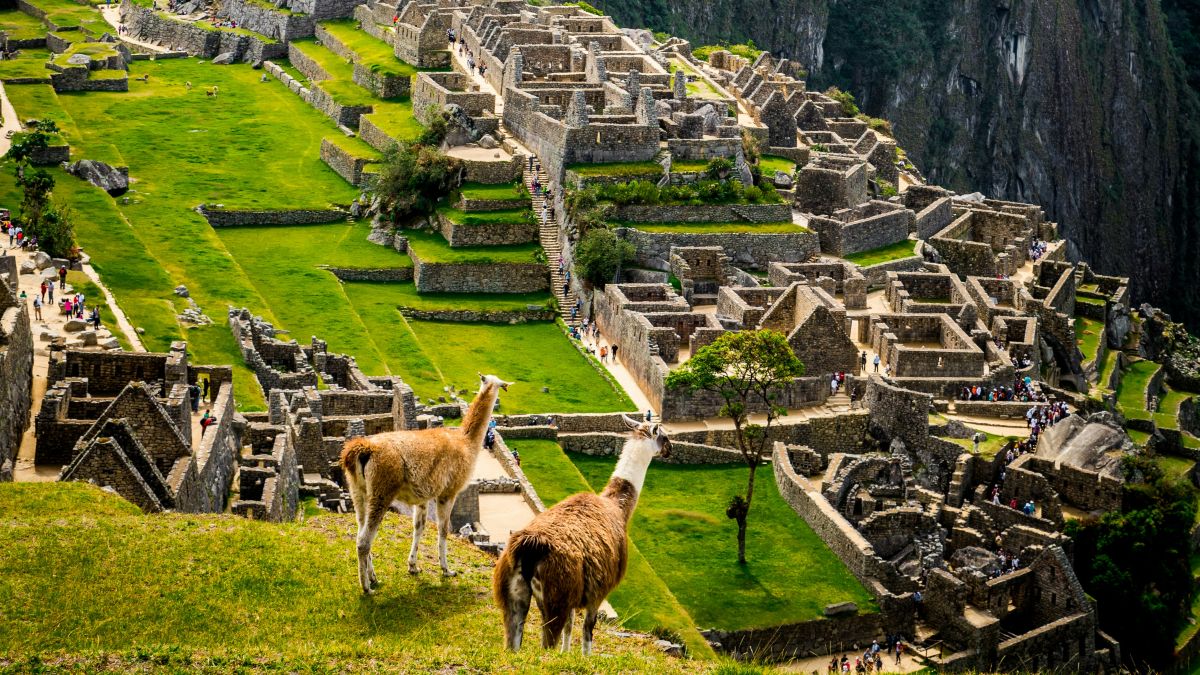Jaco, Costa Rica will open its beaches until 6:00 PM instead until 2:30 PM, according to mayor Tobias Murillo.
Municipal authorities in Garabito on Costa Rica‘s Central Pacific coast have agreed to ignore the government over beach closures.
Last month, the Costa Rican government put a series of new restrictions in place to cover the holiday period. These restrictions are set to last until January 17 and include the closure of beaches at 2:30 PM.
Since the pandemic hit Costa Rica last year, beach closures have become a contentious point. One of the first things the government did was to close the countries beaches.
They then reopened them on a gradual basis. The first reopening time was from 5:00 AM to 8:00 AM, then until 9:30 AM, and then until 2:30 PM. On October 15, they finally allowed beaches to open all day, until 10:00 PM.
Then came the holidays and a new round of 2:30 PM closures until January 17.
Earlier this week, Garabito mayor Tobias Murillo spoke out against the recent closures.
“Our economy is based on services and specifically 90% in the tourism sector. The beach closures announced by the government generate a direct impact on the economic reactivation and tourism in our canton,” he said.
He also criticized the weekend driving restrictions, where only vehicles ending with odd-number license plates could drive on Saturdays and even-number plates on Sundays.
“This measure limits tourists who visit us on weekends, because they could not return on Sundays when only vehicles with odd plates.”
Today, Murillo went further, agreeing with the municipal council to ignore government protocol and open the beaches until 6:00 PM.
In new comments, he said he wants the government to respect municipal authority. He also pointed out that the government never consults beach communities about these measures.
“What harm does it do to open beaches until 6:00 PM? None. Rather, we consider that coming to the sea helps people’s health.”
This isn’t the first time Murillo has questioned beach closures in Costa Rica.
In July last year he made headlines by forcing the government to stand down from changing his canton from yellow to orange alert. This move would have created more restrictions.
Speaking at the time, Murillo said, “We were the first canton to close our beaches, and we’ll be the first canton to revolt due to the injustice, persecution and the lack of sincerity the government has for our zone. If you want war you will get war.”
His comments prompted other municipalities to speak up about their own restrictions.
James Dyde is the editor of www.centralamerica.com. He lives in Escazu, Costa Rica.




